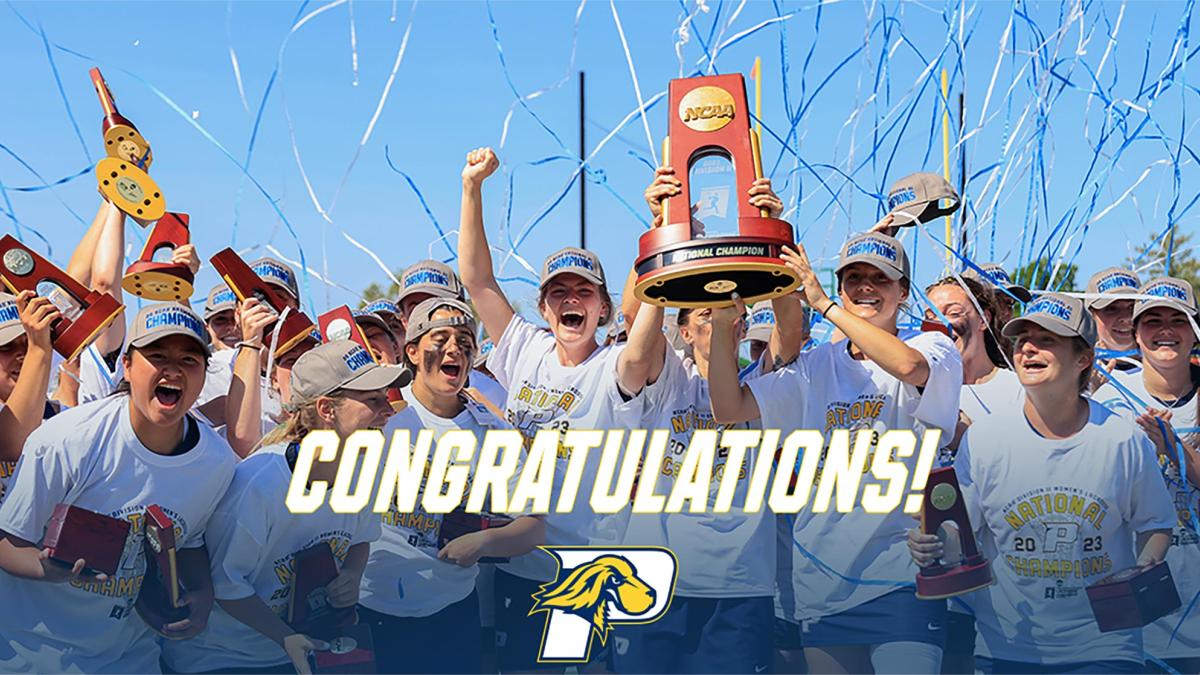5 Tips For Buying Baby Toys That Support Healthy Development
Brenna Hassinger-Das co-authored an article with tips about picking out a baby toy.
US Expands Its Bilateral Alliances
Dyson Professor Joseph Tse-hei Lee pens an op-ed in Taipei Times about the U.S. expanding its bilateral alliances.
Daniel Penny, Charged With Killing Jordan Neely, Is Gaining Prayers, Millions In Donor Dollars. Big Names Are Helping.
Bennett Gershman, a law professor at Pace University, said it fell on Bragg to put aside public perceptions “distorted by race, stereotypes and conspiratorial rantings.”
Professor Leslie Tenzer On Smartmatic's Defamation Suit Against Fox News
Pace University Haub Law Professor Leslie Tenzer was featured on the Scripps News Morning Show to discuss voting software company Smartmatic's defamation suit against Fox News.
Pace Law School ranks No. 1 in environmental law
Pace University's Elisabeth Haub School of Law in White Plains is once again ranked No. 1 in the country for Environmental Law by the latest “U.S. ...
Pace University Women's Lacrosse Brings Home Westchester County's First NCAA Championship
Pace University became the first Westchester County school to win an NCAA championship on Sunday after the Setters lacrosse team upset No. 1 West Chester University from Pennsylvania.
The Division II squad ended their season with 21 wins total.

News, Views, Interviews | Professor John Cronin
Pace University’s Director of the Blue Colab Professor John Cronin was interviewed on News, Views, Interview with Aaron Mair. They discuss the 1969 Cuyahoga River Fire, Clean Water Act, River Keeper, Safe Drinking Water and so much more.
Eastchester's Porcello, North Rockland's Corretjer Star As Pace Wins D-II NCAA Lacrosse
They came in as underdogs. Players who'd never even reached a conference championship game before this season. Players about to take the field in Indianapolis, Indiana, against a program that was making its 11th appearance in the Division II NCAA women's lacrosse championship game and had won it twice.
Pace Wins The 2023 DII Women's Lacrosse National Championship
Watch all the excitement from the championship match-up at the 2023 DII women's lacrosse championship in Indianapolis, IN. Pace took down undefeated West Chester 19-9, to win their first national championship.
Dominant 'Pace' of Play: Setters Notch First-Ever NCAA Championship, Beat West Chester
Pace won its first NCAA Championship in program history by defeating previously unbeaten West Chester, 19-9. Pace’s 19 goals broke the record of goals in a title game, which was previously 17.